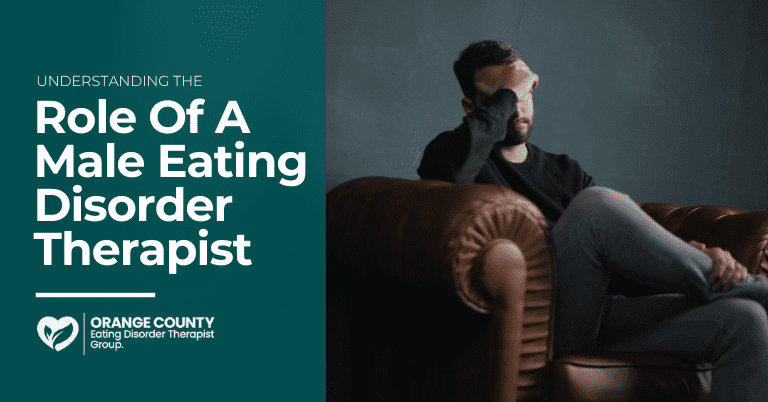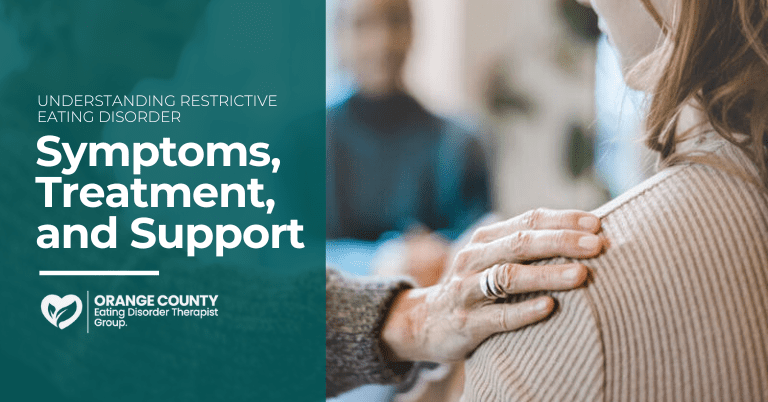Male Eating Disorder Therapist
Eating disorders are often misunderstood as issues that primarily affect women. However, men are also susceptible to conditions such as anorexia, bulimia, and binge eating disorder. Despite the prevalence, there is a noticeable gap in the availability of male eating disorder therapists who can provide gender-specific insights and treatment.
The Importance of Male Eating Disorder Therapists
A male eating disorder therapist offers a critical perspective in the treatment of eating disorders among men. Men with eating disorders often face unique challenges, such as societal stigma, underdiagnosis, and a lack of tailored treatment options.
A male therapist can provide a sense of understanding and relatability that may be difficult to achieve with female therapists, especially concerning body image issues and societal pressures faced by men.
Tailored Male Eating Disorder Treatment
Male eating disorder treatment involves specialized approaches that acknowledge the differences in how eating disorders manifest in men. For instance, while women might focus on weight loss, men often aim for muscle gain or lean bodies, influenced by ideals portrayed in media and sports.
Effective male eating disorder treatment addresses these specific goals and the psychological and emotional issues underlying them.
Strategies in Male Eating Disorder Treatment
- Body Image Therapy: This involves helping male patients develop a healthier relationship with their bodies, challenging unrealistic ideals, and fostering self-acceptance.
- Nutritional Counseling: Working with an eating disorder dietician, male patients learn about proper nutrition and develop balanced eating habits that support overall health and realistic body goals.
- Psychotherapy: Cognitive-behavioral therapy (CBT) and other forms of psychotherapy are utilized to address the thought patterns and emotional triggers associated with eating disorders.
The Role of an Eating Disorder Therapist
An eating disorder therapist, regardless of gender, is trained to diagnose and treat eating disorders through various therapeutic modalities. However, male therapists bring unique insights into how societal expectations impact men’s self-perception and eating habits. This empathetic understanding is crucial for creating an effective treatment plan tailored to male patients.
Collaboration with Other Specialists
Effective treatment often involves a multidisciplinary approach. A male eating disorder therapist collaborates with other professionals, such as eating disorder dieticians and eating disorder specialists. This team approach ensures comprehensive care addressing all aspects of the disorder—from nutritional needs to psychological support.
Eating Disorder Counseling and Support Groups
Eating disorder counseling is a cornerstone of treatment, providing a safe space for patients to explore their feelings and behaviors related to food and body image. Support groups specifically for men can also be beneficial, offering peer support and reducing feelings of isolation.
Conclusion
The presence of male eating disorder therapists is vital in the realm of eating disorder treatment. They provide specialized care that acknowledges the unique challenges faced by men, helping to bridge the gap in treatment accessibility and effectiveness. By addressing the specific needs of male patients, these therapists play a crucial role in helping men recover and lead healthier, more fulfilling lives.
FAQs
1. Why is it important to have male eating disorder therapists?
Having male eating disorder therapists is important because they offer gender-specific insights and understanding, which can be particularly beneficial for male patients who may feel more comfortable discussing their issues with someone who shares similar experiences and societal pressures.
2. What unique challenges do men with eating disorders face?
Men with eating disorders often face societal stigma, underdiagnosis, and a lack of tailored treatment options. They may also have different body image goals, such as muscle gain, influenced by media and sports ideals.
3. How does male eating disorder treatment differ from general treatment?
Male eating disorder treatment is tailored to address the specific goals and psychological issues that men face, such as muscle gain and societal pressures. It involves specialized strategies in body image therapy, nutritional counseling, and psychotherapy.
4. What is the role of an eating disorder dietician in the treatment process?
An eating disorder dietician works with patients to develop proper nutrition and balanced eating habits, essential for overall health and recovery. They collaborate with therapists to ensure a comprehensive treatment approach.
5. Are there support groups specifically for men with eating disorders?
Yes, support groups specifically for men can provide peer support, reduce feelings of isolation, and offer a community of understanding and shared experiences, which is crucial for recovery.











